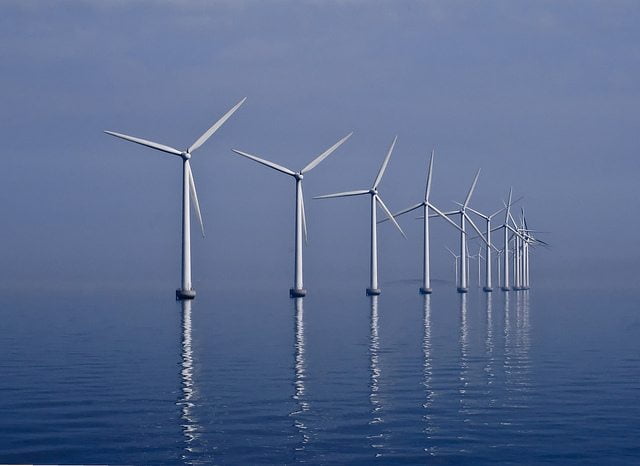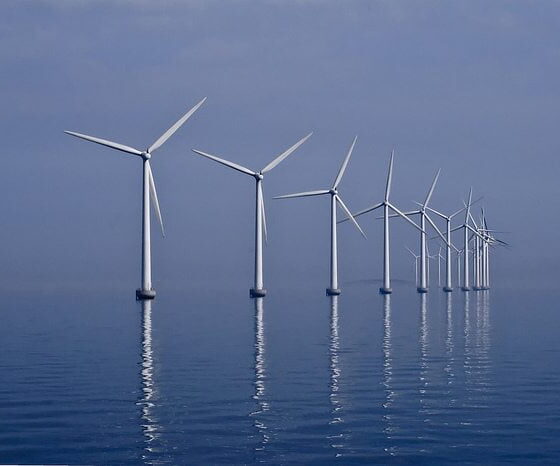

Energy
Policy uncertainty leads to UK slipping down renewable investment rankings
The UK’s top ten position as one of the most attractive destinations for renewable investment is at risk because of policy uncertainty, according to a report from financial advisory firm EY.
A “lack of clarity” over the role of renewable energy after May’s general election and uptake of the recent Contract for Difference (CfD) regime has contributed to the UK falling to 8th place for the first time in 12 years. The UK has consistently featured high in the rankings of EY’s Renewable Energy Country Attractiveness Index (RECAI) but has been falling down the table in recent years.
While the UK continues to take the top spot for offshore wind, it takes 8th place for onshore wind, 10th for solar PV, 19th for geothermal and 24th for hydro.
The policy uncertainty in the UK comes at a time when competition for investment in energy infrastructure is intensifying internationally, posing a threat to the UK’s ability to attract investors, according to EY.
The government unveiled its first round of allocation under the CfD regime last week, with contracts worth more than £315 million being awarded to renewable energy projects. The scheme has been described as a “milestone” but has also faced criticism.
Ben Warren, energy corporate finance leader at EY, said, “The UK’s CfD regime should, on paper at least, deliver the lowest possible cost of energy to the consumer. The challenge is whether renewable energy, having proven itself to be cost effective, is really given a level playing field and sufficient budget to fulfil its potential.”
Warren continued that the late introduction of the CfD regime has made it “very difficult” to sanction investment in new projects.
EY also noted that the UK’s three main political parties agreeing to work together across party lines to tackle climate change was “encouraging”, but added there was “little or no policy” behind this move to covert into concrete commitments.
Warren added, “The role of renewable energy in the UK’s long-term energy strategy remains unknown at a time when it has become affordable, quick to deploy and can deliver real jobs for the UK’s economy.
“With the UK’s top ten position now heavily reliant on the appeal of offshore wind, the country’s future ranking will remain uncertain until the cost of investing in this sector comes down enough to make it a viable alternative.”
China takes the top spot in the RECAI rankings, followed by the US, Germany, Japan and India. Canada, France, Brazil and Australia make up the remaining top ten. Developing markets, such as India and Chile, are described as pulling in large volumes of foreign investment at historically low costs of capital, indicating opportunities for investors.
Photo: Kim Hansen via Flickr
Further reading:
Renewable investment up 16% in 2014
Greg Barker: UK renewables ‘extremely attractive’ for investors
Report: achieving renewable energy targets could address water challenges
Global renewable energy investment on the rise
Renewable community energy projects to benefit from £100m funding


 Environment12 months ago
Environment12 months agoAre Polymer Banknotes: an Eco-Friendly Trend or a Groundswell?

 Features11 months ago
Features11 months agoEco-Friendly Cryptocurrencies: Sustainable Investment Choices

 Features12 months ago
Features12 months agoEco-Friendly Crypto Traders Must Find the Right Exchange

 Energy11 months ago
Energy11 months agoThe Growing Role of Solar Panels in Ireland’s Energy Future






























